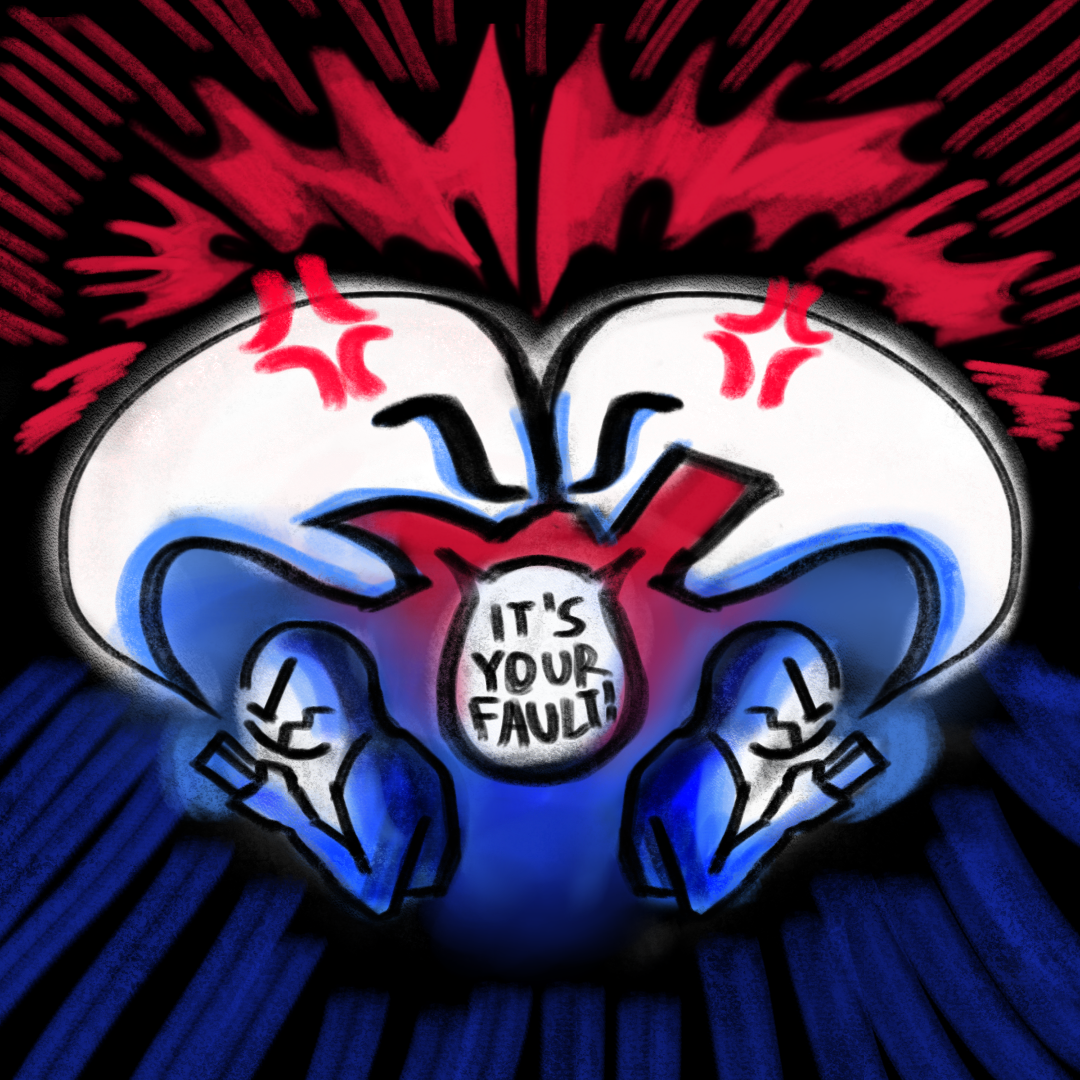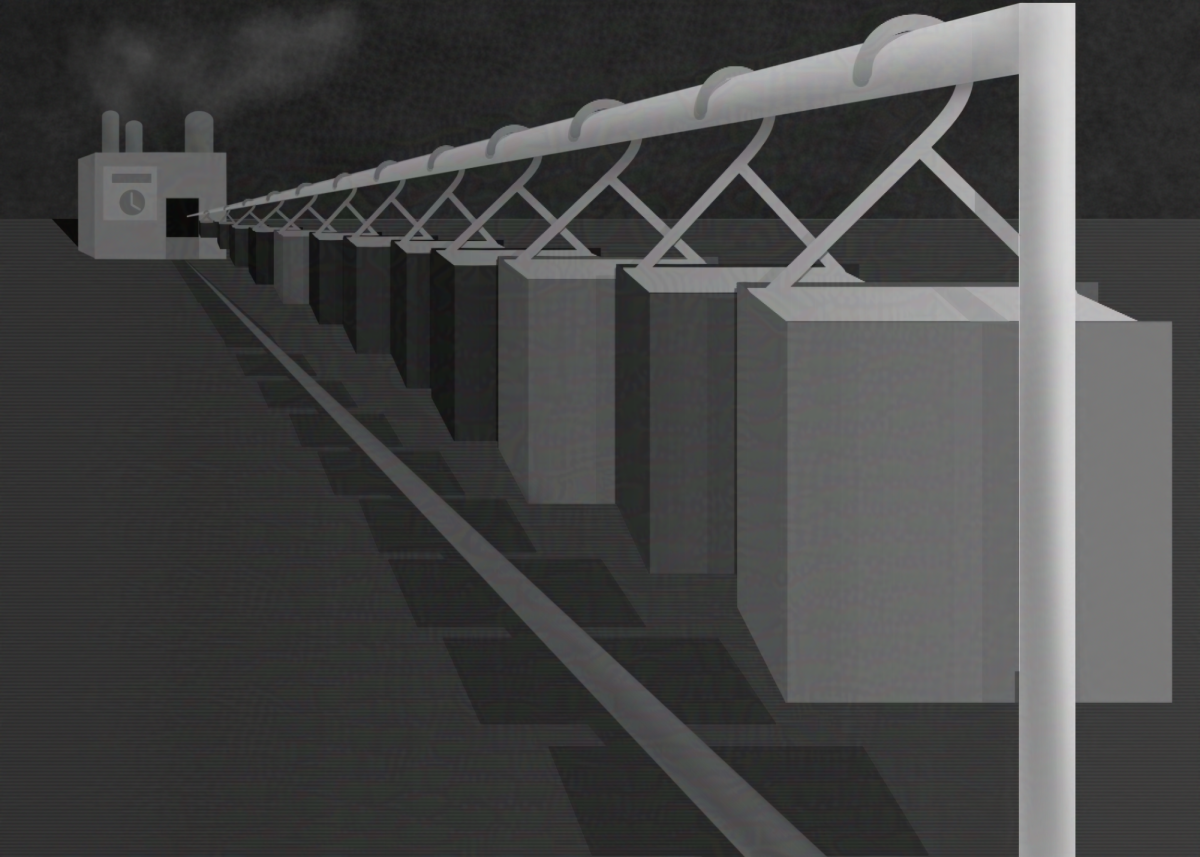If you’ve taken any basic economic class, you should know by now our society subsists on a system of supply and demand. The theory concludes that in a capitalist competitive model, the prices of a good will vary depending on the units demanded by a consumer and the supply of the units provided by the producer. It’s common to think of this theory in relation to simple everyday goods, such as apples or heated blankets in the winter. However, if we took this theory to other fields we might not associate it with capitalism or a market economy. What if we applied economic theories to health care and the medical world?
Supply and demand has increasingly commercialized a health care system, which in essence is supposed to assist those in need, regardless of socioeconomic standing. In light of the Ebola outbreak, there’s startling evidence that the vaccine industry in the United States and Canada have been killing time waiting for panic to generate a demand for the Ebola vaccine, in turn maximizing profits on vaccines.
At the risk of sounding like a conspiracy theorist, I’m saying there are industries that exist solely to capitalize upon disease and health. It’s a conspiracy, that’s for sure, but it’s not a theory.
In 2009, the U.S. Government filed for a patent for the Ebola virus. The patent stated the U.S. Government held ownership to all strains of Ebola, which share 70 percent or more of the protein sequence. This gets interesting when the patent also makes sure to mention the government holds ownership of all Ebola virus strains that are “weakened” or “killed.” A vaccine, by definition, is taking a virus and weakening it so the human body can build a resistance to the virus from within. In essence, the U.S. Government was calling for ownership of all Ebola vaccines and monetary royalties for Ebola vaccines.
In fact, Ebola vaccines aren’t a recent development and have been developing for more than a decade. It was detailed in respected medical journal, Nature Medicine, where researchers from both the U.S. and Canada collaborated and tested vaccines on monkeys, finding the vaccine worked nearly perfectly. This vaccine never saw a public commercial release for reasons unknown, but if we look at the context of this decision, we can see the vaccine was shelved because there was no probable demand for it and therefore no profit to be generated.
Thomas W. Geisbert, an expert involved in the development of the Ebola vaccine was quoted in the New York Times stating, “there’s never been a big market for Ebola vaccines … who are they gonna sell it to? It takes a crisis sometimes to get people talking.”
If we can all recall from the past decade, had we even heard of the word “Ebola” before all this hysteria? How could there be a market demand if there’s no fear associated with Ebola?
Before today, Ebola was a rare disease with low odds of infecting others. Outbreaks often occurred in collective groups of 100 and generally plagued West Africa with no significant devastation. In a hysteric culture of epidemics SARS, HIV/AIDS, the bird flu and swine flu, a measly disease like Ebola, which didn’t threaten Western society, was barely a blip on our radar. Fast forward to current events, Ebola has claimed more than 5,000 lives worldwide, and the media hysteria surrounding it has created an almost convenient market demand for a vaccine and government response.
It’s this exact demand that has lead the World Health Organization to announce that hundreds of thousands of Ebola vaccines will be available in 2015. Almost in tandem with this announcement, stock prices of the pharmaceutical companies providing the vaccine such as Tekmira and Chimerix Inc skyrocketed. It’s these high prices that lead to many economic publications to label these stocks as the “Ebola” stocks. On top of this, Tekmira was also awarded $140 million from the U.S. Government to further develop vaccines against Ebola. With millions of dollars worth of profit involved for the pharmaceutical companies and the government, it becomes eerily obvious production of the vaccine simply existed to match the demands of wealthy Western society.
This being said, the hysteria and fears surrounding Ebola are misguided. We can deal with Ebola. What we should fear is a system seeking to profit and capitalize upon hysteria. We should be asking questions rather than being ignorant toward the complicated system of profit that ties supply and demand to a health crisis, our government and pharmaceutical companies. We know now that vaccines are being manufactured to match the demand. However, we have to ask in light of the millions of dollars in profit, was the reason for the demand also manufactured?
Read the opposing argument here.








